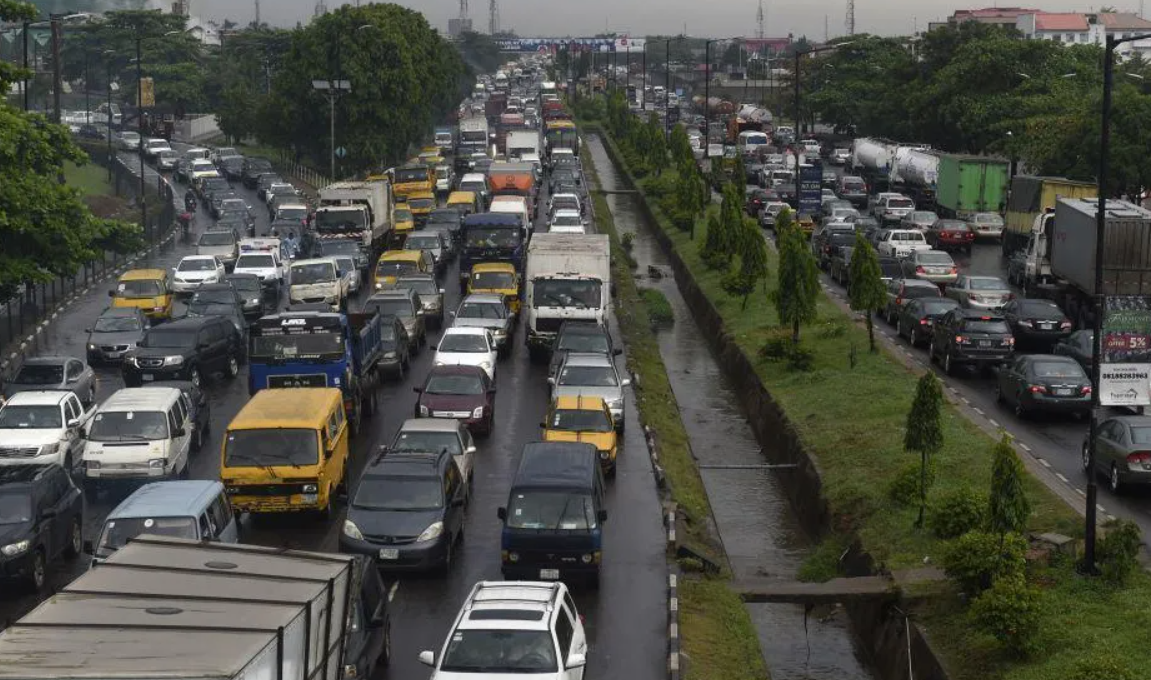A Brief Overview of the Bolt International Regulatory
Bolt, an online taxi service, has taken a major step in resolving the rising social media tension between South Africa and Nigeria by limiting “inter-country” ride requests. Drivers are left high and dry as a result of this move, which follows a troubling pattern of users from one country booking trips in another as a joke and then canceling them. An unprecedented amount of online hate erupted between the two African superpowers, with real-world ramifications that threatened the jobs of countless drivers.
How It Affects Drivers
For Bolt drivers in particular, the harmful practice of transnational ride booking and cancellation has had devastating consequences. Cape Town-based Zimbabwean Bolt driver Munyaradzi Chinyama told the BBC about his terrifying ordeal. He was wasting time, gas, and money on fake ride requests, which he discovered after receiving many. The terrible consequence of this prank, which has unknowingly involved drivers in a social media fight, is underscored by the aggravation and financial loss that Chinyama and other drivers have experienced.
The matter was reported to the BBC by Bolt, who notified them that it had detected and blacklisted the users responsible for the disruptive behavior. The business acknowledged the challenges encountered by its driver-partners in South Africa and Nigeria. Regardless, at this time, the limitation on international transportation requests is limited to these two countries; service between all others remains unaffected.
The Rivalry on Social Media Is Heating Up
There has been animosity between South African and Nigerian social media users for a long time, but where exactly this so-called “Bolt war” began is unknown. The two countries’ reputations for dominating sub-Saharan Africa have led to frequent online feuds. Someone apparently admitted to publicly requesting Bolt rides as a prank on the social media platform X, which seems to have been the spark that set off the most recent debate. Drivers on both sides experienced severe delays as a result of this post’s chain reaction and the subsequent retaliation by Nigerians.
Some drivers were subjected to hateful remarks via the Bolt messaging system as the prank took a darker turn. As Chinyama, a driver from Cape Town, revealed, has been called insulting things, including “Mandela’s son,” this internet feud has taken a personal toll on individuals who are just trying to make a living.
Greater Economic and Social Consequences
There are larger social and economic ramifications to the “Bolt war” than just its direct effect on drivers. petrol wastage due to fraudulent trip requests is particularly excruciating in Nigeria, where petrol prices have skyrocketed in the past few months. Several drivers, who were already having trouble making ends meet, ended up squandering their limited resources on clients who did not exist. Several people have been left stranded since transportation has become too expensive due to the scenario, which has allegedly led ride prices to skyrocket in both nations.
Some online users have voiced their support for the drivers in the outcry against this practice. They made it clear that drivers are just people doing their jobs and shouldn’t be subjected to internet harassment. The people who drive for Bolt and Uber are simply trying to make ends meet, according to one X user. They are tromping on no one on Twitter. To put it plainly, they are attempting to make ends meet. I implore you, just let them be. Plus, I’m engaging in conversation with opposing parties. A second voice joined in, expressing sadness that good people are being hurt because some individuals aren’t thinking things through.
Nigerian-South African Rivalry in a broader context
A number of online feuds have sprung out between South Africa and Nigeria over the years, with the “Bolt war” being only one example. Economic behemoths with equally rich cultural histories, the two nations often find themselves at odds with one another. A half-Nigerian participant pulled away from the pageant after receiving xenophobic insults, which recently stoked emotions in the Miss South Africa dispute. The animosity has spread to the entertainment business as well, with South African popstar Tyla and Nigerian singer Arya Starr’s fans getting into angry arguments online.
Supporters of the national football teams frequently trade insults, demonstrating how cutthroat the rivalry is, even in athletics. This larger rivalry setting further complicates the “Bolt war,” showing how disputes that start online can swiftly turn into real-world repercussions.
Final Thoughts: The Importance of Moderate Social Media Use
A good example of the real-world consequences of internet activity is the ban that Bolt placed on requests for rides between South Africa and Nigeria. Despite its many positive uses, social media also has the potential to sow discord and discordant attitudes. People should use these platforms appropriately, thinking about how their actions could affect those who are just trying to make a living, as the “Bolt war” has shown.


















